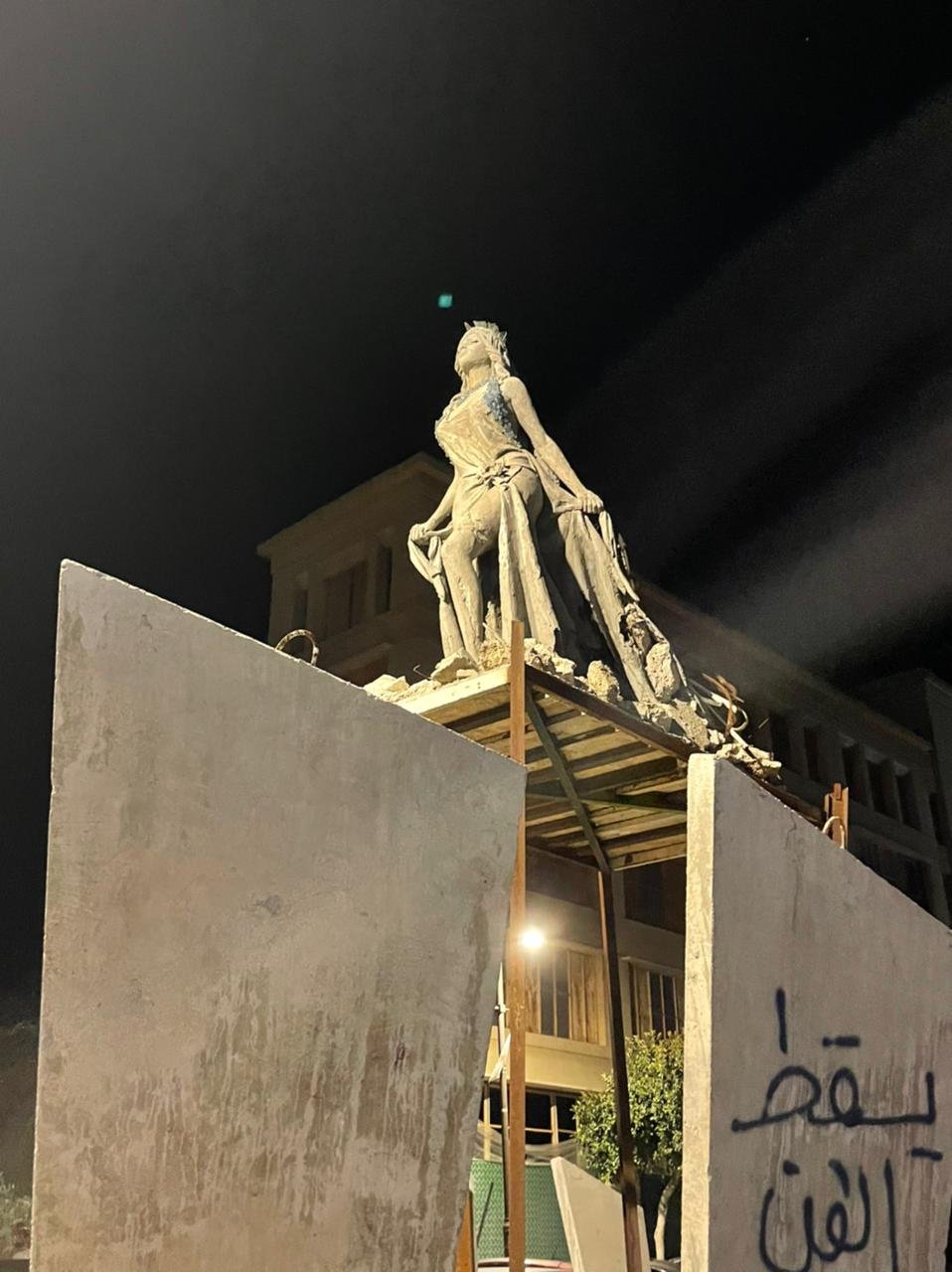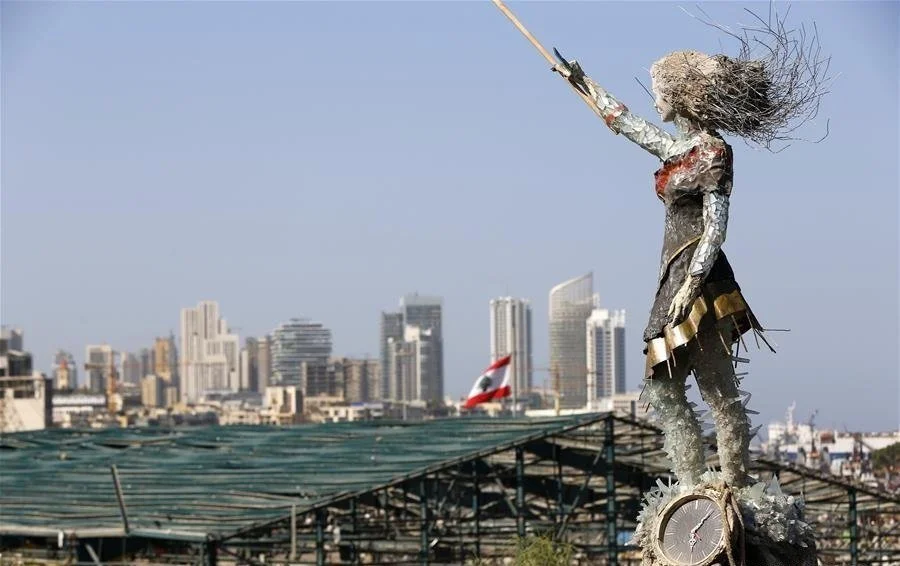“Costa Brava” and the River of Garbage
By Sonia Caballero Pradas
A movie that anticipates what has already happened in modern Lebanon.
The past 1st of September, and almost after a year of its international release, the movie of Lebanese director Mounia Akl arrived at the screens of Lebanon predicting a tragic future and exploring the perplexing psyche of the Lebanese society, who can avoid wondering: “are we condemned to a never-ending crisis?”
“Costa Brava” talks about the story of Soraya and Walid, featured by the well-known Lebanese actress and director Nadine Labaki and the Palestinian actor Saleh Bakri, a couple who decides to raise their daughters in a rural and isolated area due to the horrendous garbage crisis, pollution and incessant violence in the capital, Beirut. Growing their own food and self-administrating their resources, even if it is in solitude, seems the only possibility to afford to live in a country about to collapse, a reality that not only the characters but also many Lebanese have had to embrace because of political corruption and consequent inflation.
Photo by Al Jazeera News. “The river of garbage” in the suburbs of Beirut
However, the tranquility that the family enjoys will be cut by force when the Government decides to diverse French funds and dig an illegal landfill near their house. Buried under the same trash and neglect that they have been attempting to escape from, the family will have to decide in which rubbish dump they will resume their lives: chaotic Beirut or the as well polluted countryside.
The movie follows Lebanon’s tragedies of the explosion of Beirut’s port on August 4th of 2020 whose cause has been incessantly covered by the political and judicial class, the Lebanese October Revolution (Zaura – ثورة in Arabic) that gathered thousands of people on October 17th of 2019, and the less recent “river of trash” of 2016, when huge amounts of garbage were abandoned in the streets by the Lebanese authorities, following repeated acts of political feuds, crimes against humanity and theft. The “stinky” corruption of the country’s leaders was not ignored by their citizens, who used the Media as their gun to protest, creating the #YouStink campaign to fight with caricatures of these lords of garbage.
The country’s history of political deception and social protest is captured by Mounia Akl in a one hour and 46 minutes movie that portrays a hopeless Lebanon, an intense drama without its catharsis or relief of repressed emotions, just as the psyche of the Lebanese community standing in the country.
But, even though “Costa Brava” is far from being a fairy tale, the audience is gifted with sensational moments of emotional reconnection with Beirut, as Soraya, the protagonist, sings at home for her motherland, and for a city that many Lebanese feel like a dear old friend who wears the same scars that three generations have been trying to heal.
Below are two statues in Beirut entitled ‘The Lady of Beirut.’ They both are a woman-shaped statue that represents the rise of the city from the rubble caused by Beirut’s port explosion on August 4, 2020.





